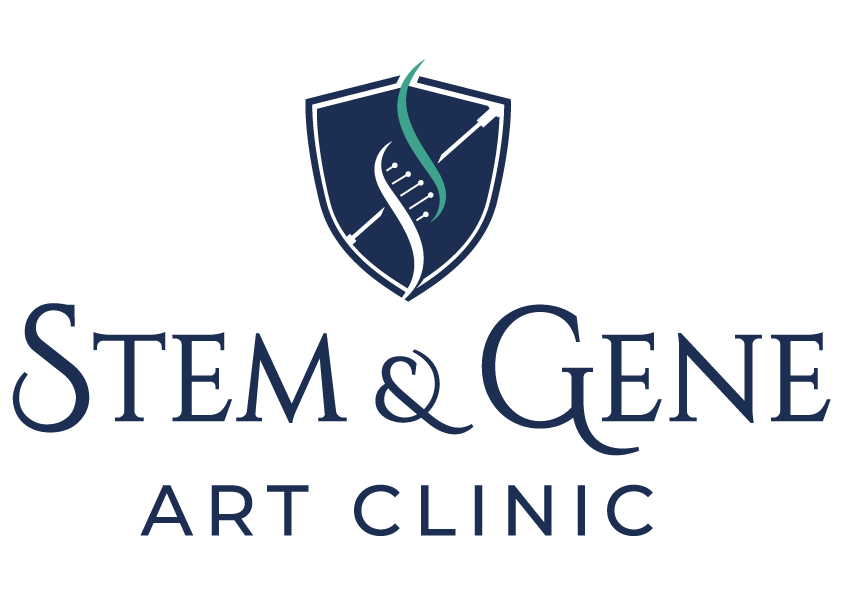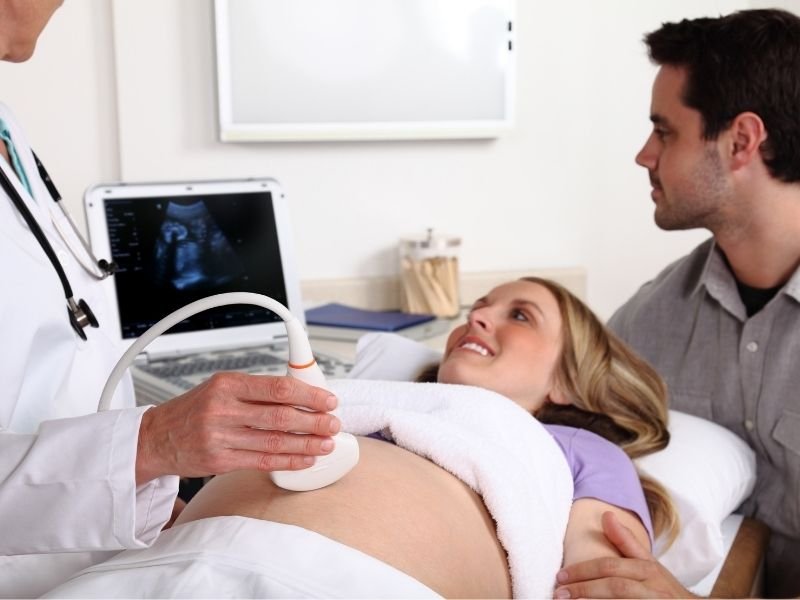Getting pregnant is a significant and life-changing decision for many individuals and couples. Understanding the various methods available can help you make informed choices that align with your personal circumstances and health considerations. From natural conception to assisted reproductive technologies, there are several pathways to pregnancy, each with its unique processes and considerations. In this guide, we will explore the different methods of getting pregnant, providing insights into natural fertility, medical interventions, and the factors that can influence your journey toward parenthood.
Natural Methods Ovulation Tracking and Timing
Ovulation tracking is an essential natural method for those looking to conceive, as it helps identify the most fertile days in a menstrual cycle. Typically lasting around 28 days, ovulation usually occurs about 14 days before the next period starts. Understanding the cycle’s length and regularity is vital for effective tracking.
Various methods can be used for ovulation tracking. The calendar method involves marking the first day of your period to estimate your ovulation window. Basal body temperature (BBT) charting entails taking your temperature daily to detect a slight increase that indicates ovulation. Cervical mucus monitoring observes changes in mucus, which becomes clear and stretchy around ovulation, signaling fertility. Ovulation predictor kits (OPKs) can also be employed to measure hormonal surges that predict ovulation.
Timing intercourse during the fertile window, which includes the five days leading up to and including ovulation, can significantly enhance the chances of conception. Regular intercourse every 2 to 3 days throughout the cycle is also beneficial. A healthy lifestyle, including a balanced diet and regular exercise, supports reproductive health. If you encounter challenges with tracking ovulation or have irregular cycles, consulting a healthcare provider can offer personalized guidance. By utilizing these natural methods of ovulation tracking and timing, you can make informed decisions to support your journey toward conception.
Medical Methods Infertility Treatments
Infertility can be a challenging journey for couples trying to conceive, but medical advancements offer a variety of treatment options tailored to individual needs. These treatments aim to address the underlying causes of infertility and enhance the chances of achieving a successful pregnancy.
One of the most common medical methods for treating infertility is medication. Hormonal therapies can help regulate ovulation in women who experience irregular cycles or anovulation. Clomiphene citrate is often prescribed to stimulate the ovaries, while gonadotropins provide direct hormonal support to promote ovulation. For men, medications can also be used to address hormonal imbalances that may affect sperm production.
Another widely used medical method is intrauterine insemination (IUI). This procedure involves placing sperm directly into the uterus around the time of ovulation, increasing the likelihood of sperm reaching the egg. IUI is often recommended for couples with unexplained infertility, mild male factor infertility, or certain health conditions affecting the female partner.
In vitro fertilization (IVF) is another significant medical treatment for infertility. This complex procedure involves retrieving eggs from the ovaries and fertilizing them with sperm in a laboratory setting. The resulting embryos are then transferred to the uterus. IVF is often recommended for women with blocked fallopian tubes, severe endometriosis, or advanced maternal age. Additionally, IVF can be combined with preimplantation genetic testing (PGT) to screen embryos for genetic disorders before implantation.
For couples facing male infertility issues, intracytoplasmic sperm injection (ICSI) may be recommended. This advanced technique involves injecting a single sperm directly into an egg, increasing the chances of fertilization. ICSI is commonly used in conjunction with IVF, especially in cases of low sperm count or poor sperm motility.
In cases where infertility is linked to anatomical issues, such as fibroids or polyps, surgical interventions may be necessary. Procedures like hysteroscopy or laparoscopy can be performed to correct these problems, improving the chances of natural conception or enhancing the effectiveness of other fertility treatments.
Donor options are also available for couples struggling with infertility. Sperm donation can be an option for male-factor infertility, while egg or embryo donation may be considered when the female partner has poor egg quality or is unable to conceive with her own eggs. These donor methods can provide hopeful solutions for those facing infertility challenges.
It’s essential for couples to consult with a fertility specialist to determine the most appropriate treatment based on their specific circumstances and medical history. A thorough evaluation, including tests and examinations, will help identify the underlying causes of infertility and guide the selection of the most effective medical methods. While the path to parenthood may not always be straightforward, medical advancements in infertility treatments offer hope and potential for many couples aspiring to start or expand their families.
The Impact of Diet and Lifestyle on Pregnancy
The journey to pregnancy is significantly influenced by a woman’s diet and lifestyle choices. These factors play a crucial role not only in fertility but also in the overall health of both the mother and the developing fetus. Understanding how diet and lifestyle affect pregnancy can help couples make informed decisions as they prepare for conception and beyond.
A balanced and nutritious diet is fundamental for supporting reproductive health. Essential nutrients such as folic acid, iron, calcium, and omega-3 fatty acids are vital for fertility and fetal development. Folic acid, in particular, is crucial for reducing the risk of neural tube defects and should be incorporated into a woman’s diet before conception and throughout pregnancy. Foods rich in folic acid include leafy greens, legumes, nuts, and fortified cereals. Similarly, maintaining adequate levels of iron through sources like lean meats, beans, and spinach is important for preventing anemia during pregnancy.
Hydration is another critical aspect of a healthy diet. Drinking sufficient water helps maintain optimal bodily functions and supports the increased blood volume that occurs during pregnancy. Staying hydrated can also alleviate common pregnancy discomforts, such as constipation and swelling.
In conclusion, the impact of diet and lifestyle on pregnancy cannot be overstated. Making informed choices about nutrition, physical activity, and overall well-being can enhance fertility, support a healthy pregnancy, and contribute to the optimal development of the fetus. Couples aspiring to conceive should prioritize a healthy lifestyle, seek guidance from healthcare professionals, and consider the long-term effects of their choices on both their own health and that of their future child.


